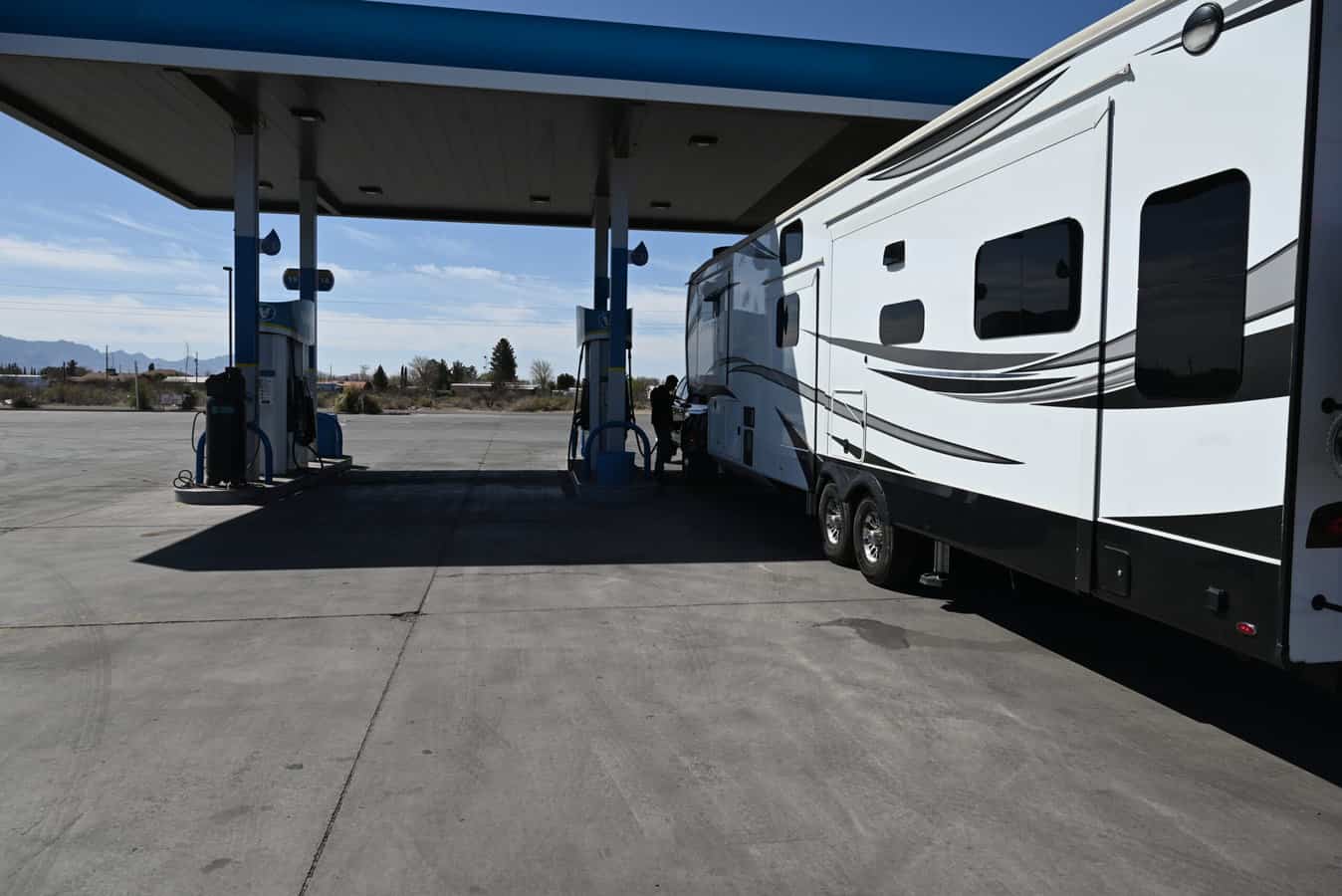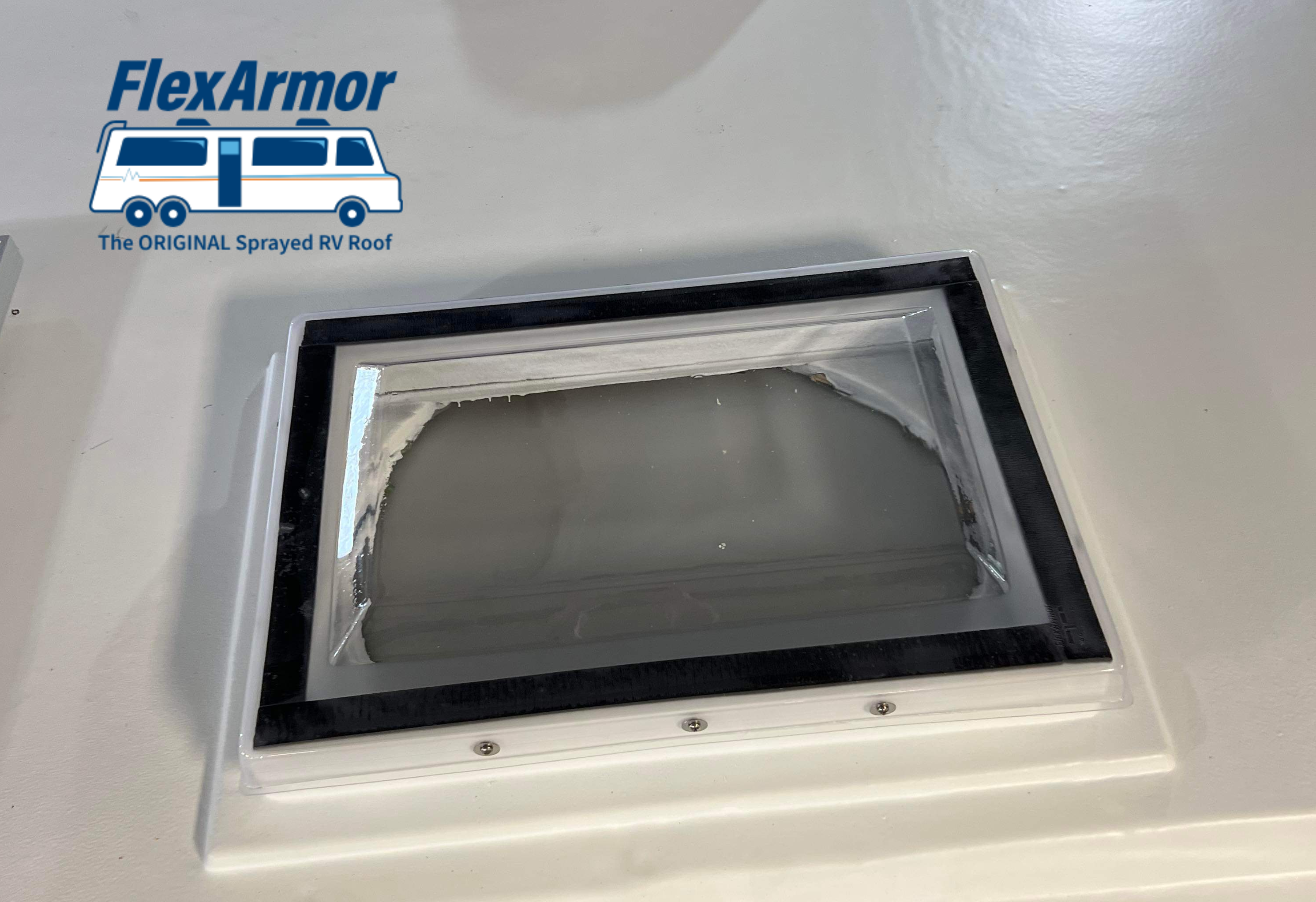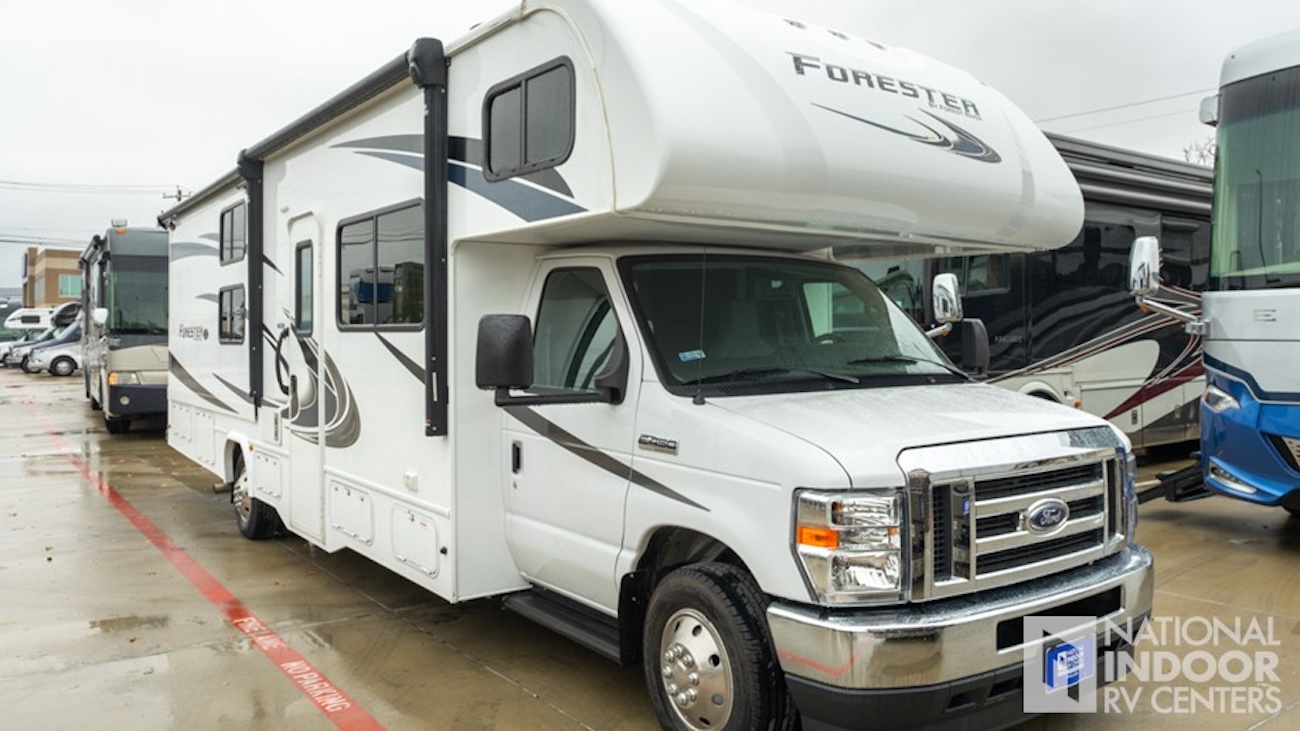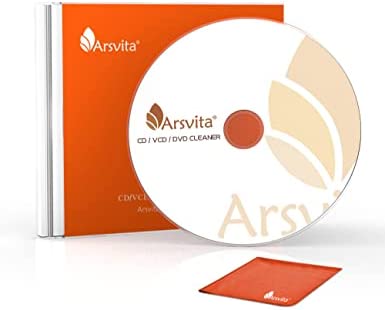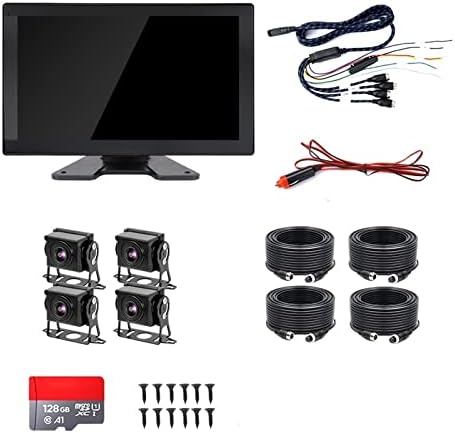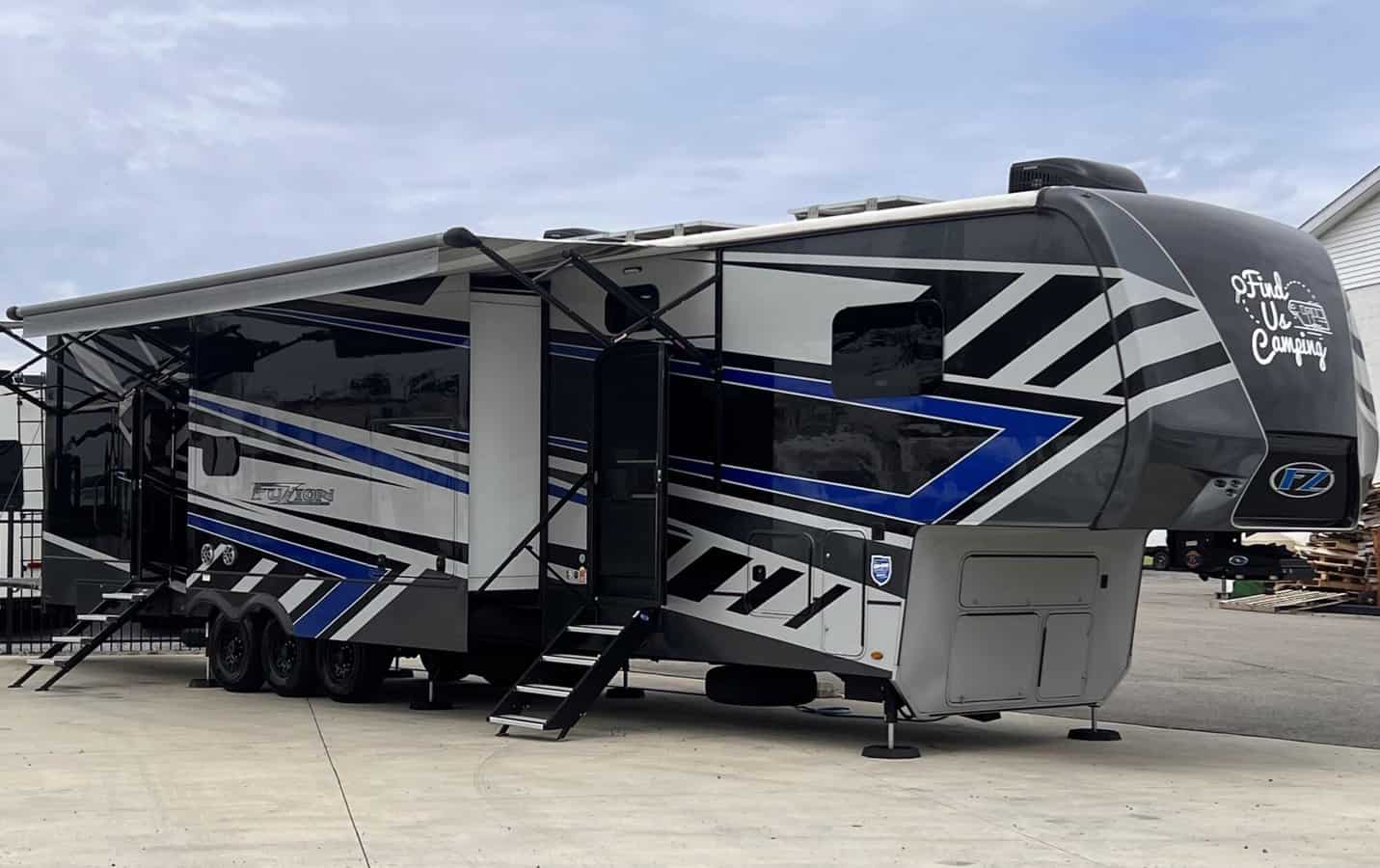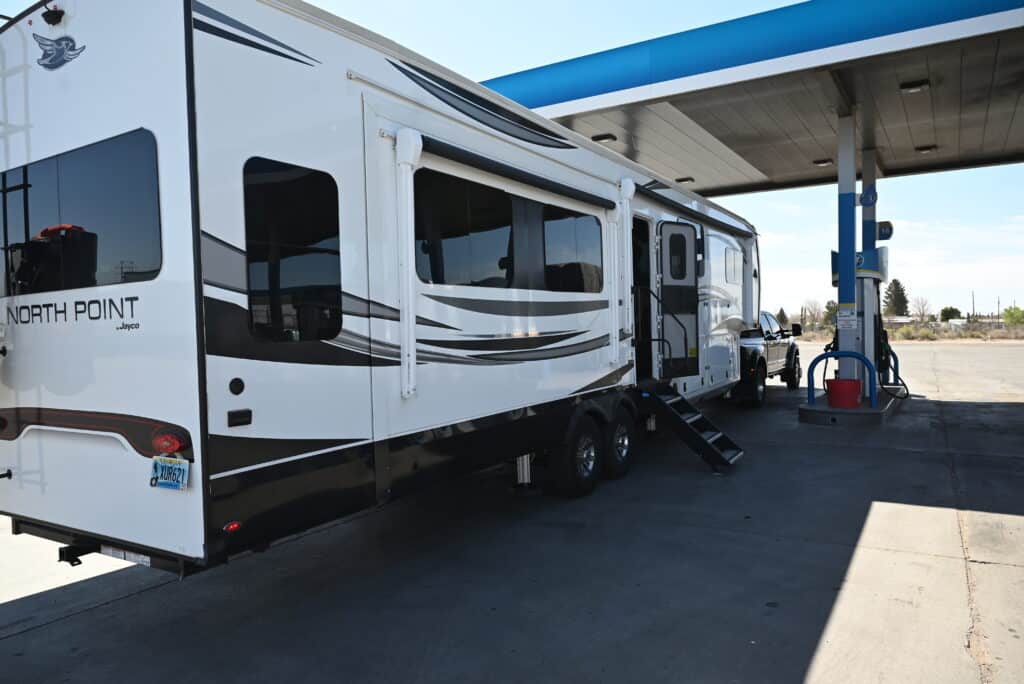
The Best Ways To Maximize Your RV Fuel Efficiency
RVing can be a fairly affordable lifestyle if you play your cards right! But at the end of the day, the one cost you can’t really shake is gas money. That’s why it’s important to improve your vehicle’s fuel efficiency as much as possible. The longer you can make a gallon last, the more money you can save!
Gas prices seem to get higher every year, and it can cost hundreds of dollars to fill your tank (especially if you have a big rig). The best way to mitigate the actual cost is to get a cash-back rewards card or sign up for a gas station discount program. But either way, you’ll need to buy fuel sooner or later.
If you improve your fuel efficiency, you can go longer stretches before you need to refuel. If you want to make your fuel last longer, follow the tips below. Every little bit counts when you’re driving an RV. Even minor adjustments can compound into major savings. With these tips, you can start cutting costs today!
Keep up with vehicle maintenance
One of the best things you can do is keep your RV in good shape. As various elements wear out, the vehicle has to work harder to keep up with your lifestyle. The more it struggles, the more fuel it will consume. Therefore, you should regularly check your engine, battery, tires, and alignment.
It’s a good idea to fully inspect and service your vehicle at least once a year (usually before or after seasonal storage). Don’t wait for problems to emerge before you take it into the shop. Taking preventative action will keep it in great condition for years to come.
Make sure you keep track of all your RV maintenance and repairs with an online tool such as RV LIFE Maintenance. Not only can you keep all of your documents in one place, but you’ll also receive timely reminders when maintenance is due to help you avoid costly repairs and potentially serious accidents.
Use wind deflectors
Drag and air resistance are major factors that impact your fuel efficiency. RVs are bulky, and they sometimes feature rather boxy designs. This type of silhouette creates a lot of surface area for the oncoming air to hit.
Travel trailers and other towables are the most vulnerable to this situation. That’s where wind deflectors can come in handy! These accessories attach to the roof of your tow vehicle. They create a slanted surface between the roof and the front of the trailer. This allows air to flow up and over instead of getting trapped in the middle.
There are lots of great wind deflectors for sale, but the ICON 01217 Wind Deflector is one of the best options for RVers.
Drive at a steady speed
When you want to conserve your fuel, cruise control is your best friend. Rapid acceleration and braking are terrible for your vehicle, and it will burn through your gas like nobody’s business. So once you get onto the road, it’s best to maintain a steady speed.
For this reason, you’ll want to limit the amount of city driving you do. The constant stopping and starting will consume your fuel reserves much faster than highway driving.
Don’t rush
Speaking of driving at a steady speed, it’s important that you don’t rush when you’re driving an RV. In addition to being a safety hazard, speeding will ruin your fuel efficiency. Driving a couple of miles under the speed limit can help you maximize your mileage.
RVing is supposed to be relaxing anyway! There’s no need to treat the highway like a racetrack. Don’t let it bother you if people pass you. Just keep a slow and steady pace, and you’ll get where you’re going with fuel to spare.
Avoid bad weather
Heavy wind and bad road conditions can make driving much more difficult. In some cases, a nice tailwind can improve your fuel efficiency. But more often than not, it will just slow you down and force your engine to work harder.
That’s why it’s best to avoid driving in bad weather (if possible). RVs are hard to control in these situations, so it’s better to park for a while and wait out the worst of it. You can also check the weather forecast for the area so you know whether or not it’s safe to travel. Don’t take risks if the forecast predicts windstorms, icy roads, or heavy rain.
Maintain the ideal tire pressure
Tire pressure plays a huge role in your overall fuel efficiency. It’s obviously bad to drive with flat tires, but over-inflated tires can also cause issues. The tires will wear out unevenly if they aren’t all filled to equal pressure.
In order to maintain a reliable level, you may want to use a tire pressure monitoring system. This will let you know if there’s a problem, such as a leak or a pressure imbalance. It’s also a good idea to rotate and replace your tires on schedule. Your tires will eventually fail if you don’t maintain them, and blowouts can be disastrous!
Don’t overpack
One of the biggest factors that influences fuel efficiency is your vehicle’s weight. RVs are naturally much larger and heavier than cars, so they inevitably go through fuel at a quicker pace. Even though their base weight is fairly heavy, you can improve your mileage by packing light.
It’s tempting to load up every drawer and closet in your RV, but try to consider your overall weight as you pack. Only bring the necessities! Carefully look at your equipment and see if there are any heavy items that you can downsize or leave behind.
Each vehicle also has its own cargo-carrying capacity, and you don’t want to exceed this limit. It’s dangerous for your vehicle, plus you might not be able to travel on certain routes if you’re overweight.
Use alternative transportation once you reach your campsite
This shouldn’t be a surprise to anyone, but RVs aren’t designed for quick trips and everyday errands. So once you arrive at your campsite or resort, it’s best to leave the vehicle parked and use other methods to get around town.
This isn’t always possible, especially if you’re camping in a remote area. But if there are alternative transportation options, use these first! You might bring bikes, take a bus, or even carpool with your fellow campers. Some RVers have the option of bringing a separate vehicle, either as a tow vehicle or as one that’s pulled behind the RV.
Use travel planning apps
Finally, you can save gas money by planning out your route ahead of time. You can waste a lot of fuel if you take wrong turns or make things up as you go. Trip planners can help you map out the quickest and easiest routes. You can also plan stops, avoid road hazards, and more!
Some trip planners will also help you create a schedule so you can avoid the busiest traffic times around cities. As mentioned above, getting stuck in traffic means that you’ll be speeding up and slowing down constantly, which burns through your fuel.
For all of your camping and trip planning needs, look no further than RV LIFE Campgrounds and RV LIFE Trip Wizard. Campground Reviews is a trusted source of campground and RV park reviews offered by camping and RV enthusiasts just like you. With its accompanying RV LIFE App, RV Trip Wizard gets you to your camping destinations utilizing RV-friendly routes specific to your RV and travel preferences.
We’re living in the digital age, and these tips make it easy to plan routes and save fuel. Try out a few of our fuel efficiency tips during your next trip and see how much money you can save!
Related articles:
- 10 Ways To Save Money On Fuel This Summer
- How To Improve Your RV Gas Mileage
- What Are The Most Fuel Efficient RV Models?
The post How Can You Maximize Fuel Efficiency In Your RV? appeared first on Camper Report.


